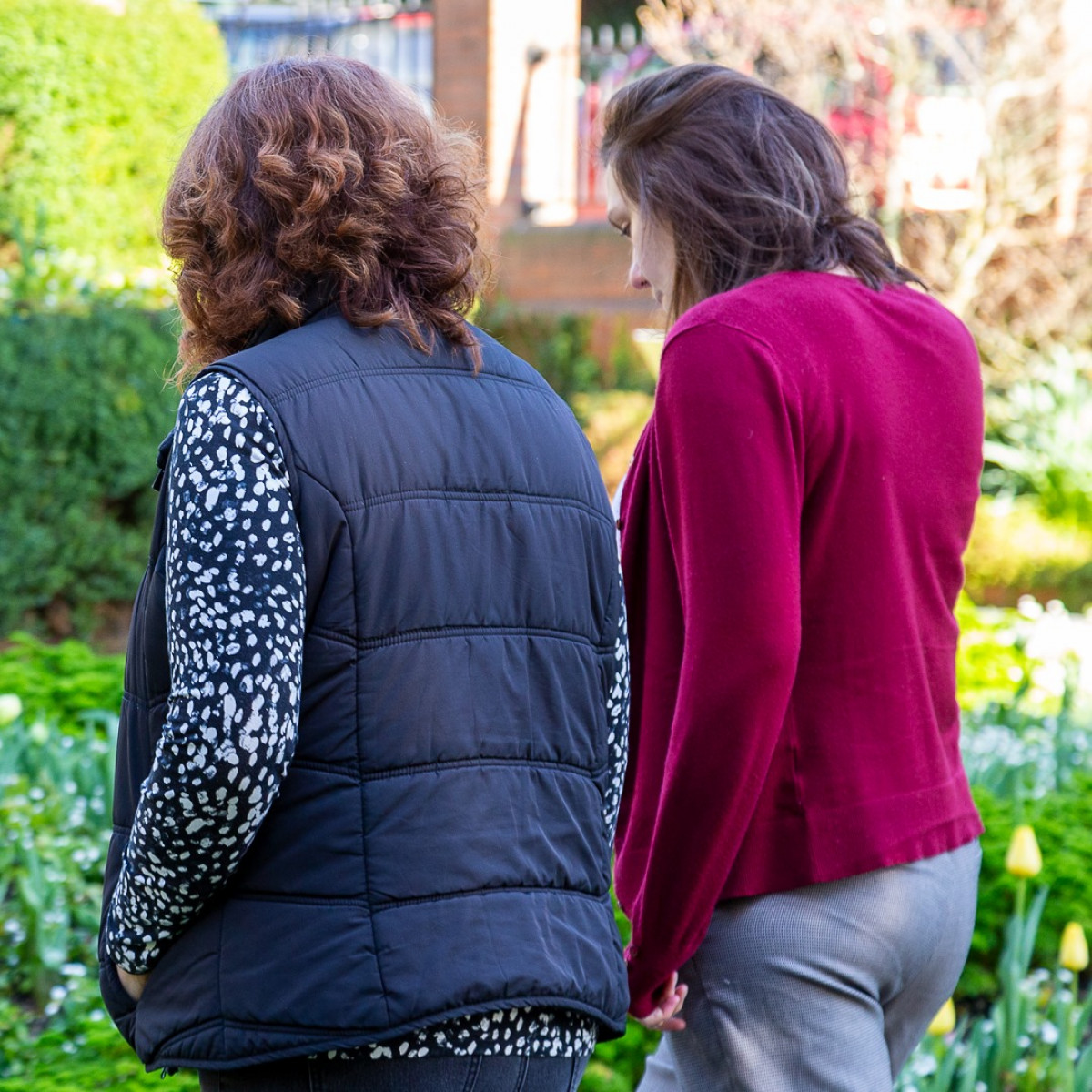An article on stuff.co.nz highlights wait times between a cancer diagnosis and treatment. This is the first in series of articles the Cancer Society is supporting to raise awareness of cancer in New Zealand before Daffodil Day, 27 August 2021.
Bridie Witton reports.
Fast cancer diagnosis and treatment can be the difference between life and death. But since 2018 the national average for treating the most urgent suspected cases within two months has dipped below 90 per cent, after it was axed as a health target.
Five years of bleeding and five urgent requests weren’t enough to get 69-year-old Dawn Birse a colonoscopy – a screening test for bowel cancer. What Birse and clinicians didn’t know was she had an 18-centimetre tumour, and the cancer was spreading to her lymph nodes.
By then I was really bleeding quite badly,” she says. “I had known all that time that something wasn’t right.
Dawn Birse
Cancer is New Zealand’s single biggest cause of death, although survival rates are increasing. Every year about 25,000 people are diagnosed with cancer, most commonly of the breast, lung, prostate and colorectal (bowel). Nearly 3000 of those are Māori, who are twice as likely to die from cancer than non-Māori because of inequities in the health system.
The Labour government in 2007 introduced six measures called national health targets to serve as a snapshot of how well the system was working. One of them was a requirement for faster cancer treatment, which in 2014 was refined to ensure 90 per cent of patients referred urgently with a high suspicion of cancer received their first treatment (or other management) within 62 days of the referral being received by the hospital.
Nationally, this has been below target since 2018 – dropping the month after then-health minister David Clark axed public reporting of the targets, and said officials would develop new ones.
But in Birse’s case, her referrals were denied and she couldn’t get into the system. She forked out for a private colonoscopy, which found the tumour. She was urgently operated on and went through three months of chemotherapy, as the cancer had spread to half of her lymph nodes.
She may not have needed chemotherapy if the cancer had been caught earlier.
Now, the great-grandmother from Invercargill lives with the threat of the cancer returning. She has three-monthly blood tests, and will have a follow-up colonoscopy in November.
But what has stuck in her throat the most was how she wasn’t listened to – time and again.
You are starting to feel like, are you insane? Are you a hypochondriac? I started to do self-diagnosis. I was looking at my diet ... what is it?
Dawn
National Party health spokesman Shane Reti and Cancer Society medical director Chris Jackson both say high-quality data is integral to improving the health system, and attention to faster cancer treatment has waned since it stopped being reported publicly.

